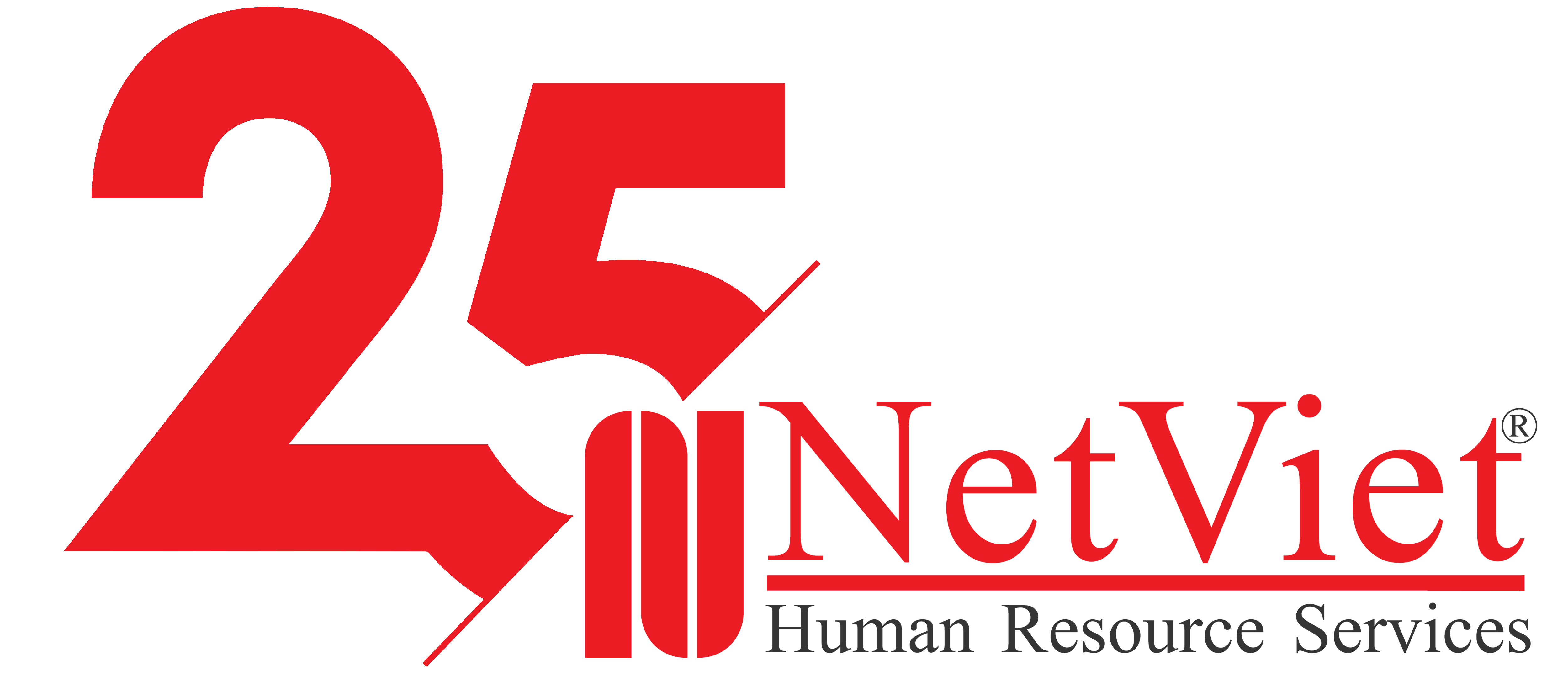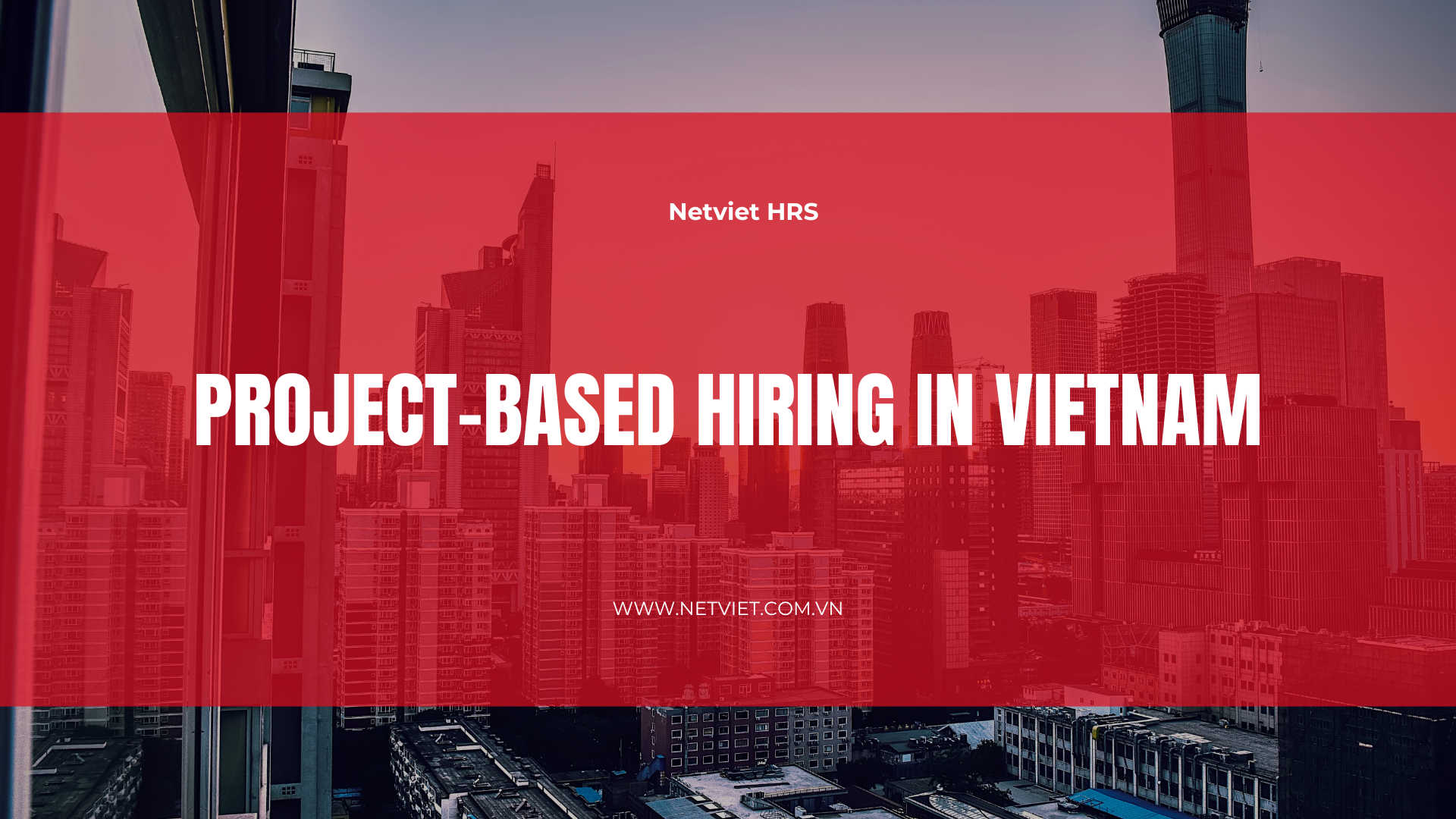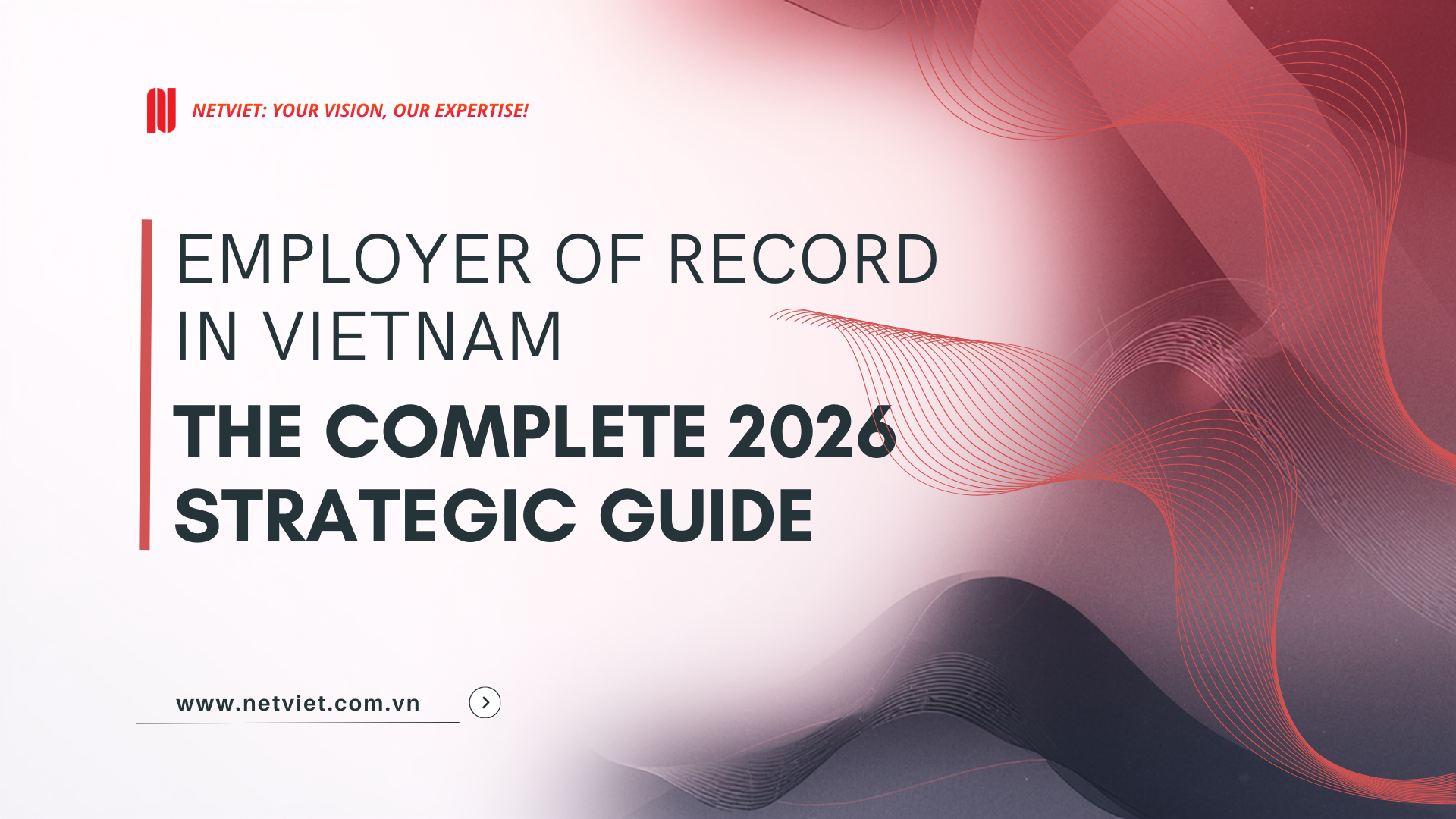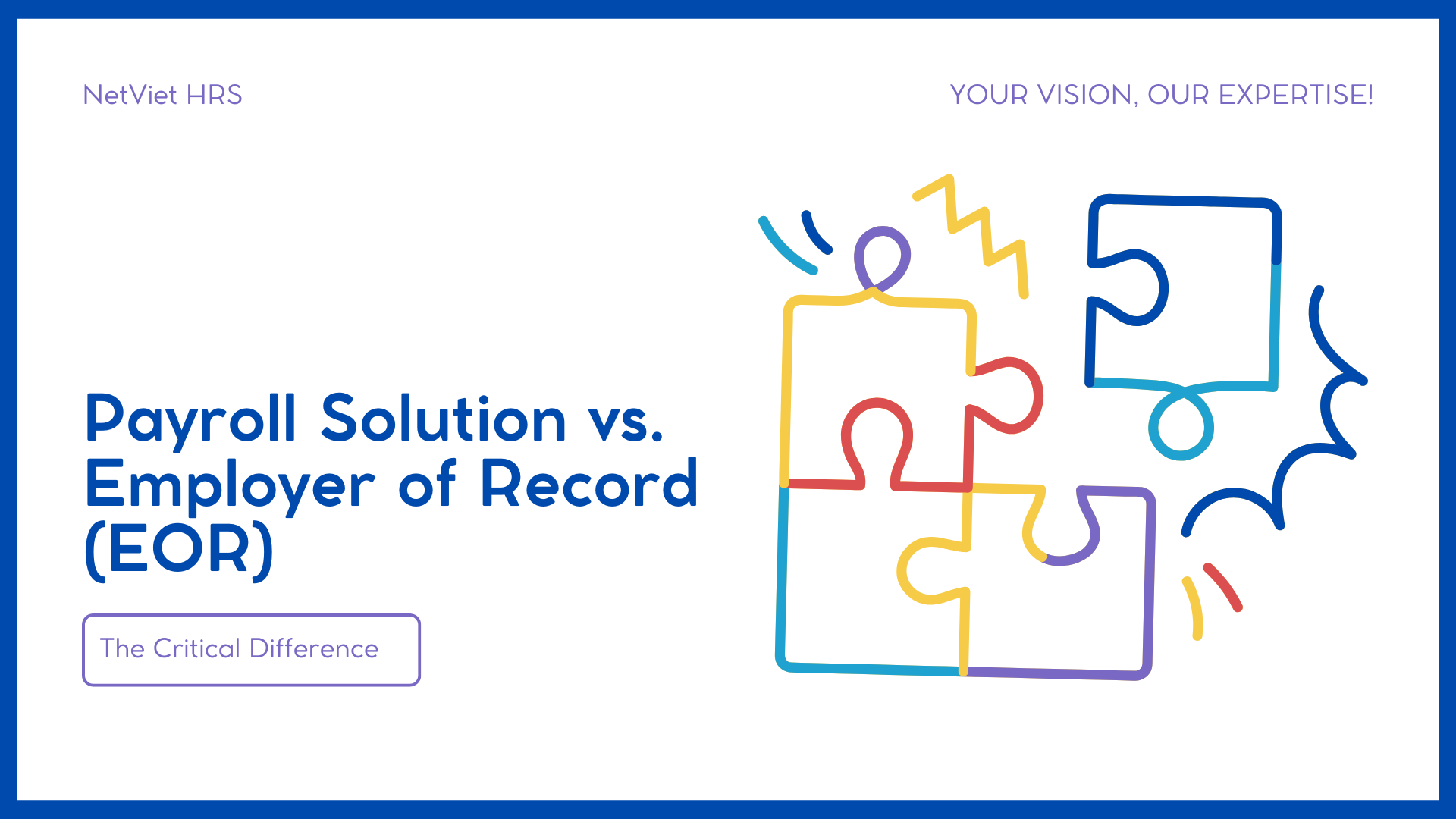Photo by Đạt Đào
Table of Contents
ToggleIntroduction
As Vietnam’s economy continues to grow and evolve, labor dispatch—also known as employee leasing or temporary staffing—has become an essential part of the workforce landscape. In Vietnam, labor dispatch refers to the practice of one company (the dispatch enterprise) hiring employees and then sending them to work temporarily for another business (the user company). This arrangement provides flexibility, allowing businesses to scale their workforce quickly while meeting specific, short-term needs.
The benefits of labor dispatch in Vietnam are multifaceted. It can help companies save time and resources by outsourcing recruitment, onboarding, and employment compliance. Additionally, labor dispatch provides the opportunity for businesses to tap into specialized skills without committing to permanent contracts. However, navigating the complexities of labor dispatch in Vietnam requires a deep understanding of local regulations, cultural nuances, and effective partnership management.
This blog post will explore best practices for building successful labor dispatch partnerships in Vietnam. We will delve into the legal framework, cultural considerations, and practical steps businesses can take to ensure smooth operations and mutually beneficial relationships.
Understanding the Vietnamese Labor Dispatch Landscape
Overview of Relevant Labor Laws and Regulations
Vietnam’s labor dispatch industry is governed by strict regulations to protect both workers and businesses. The country’s labor laws, particularly the *Labor Code 2019*, set out clear guidelines for labor dispatch enterprises and user companies. Key provisions include the requirement for dispatch companies to obtain special licenses, strict limits on the duration of dispatch contracts (usually no more than 12 months for the same position), and detailed rules on worker rights, social insurance, and termination conditions.
For businesses seeking to enter into labor dispatch agreements, it’s crucial to ensure that their partner companies are fully licensed and comply with these legal stipulations. Non-compliance can lead to penalties and legal issues, not to mention the potential reputational damage.
Common Practices and Industry Standards
In Vietnam, labor dispatch is particularly popular in industries such as manufacturing, construction, IT, and services, where the demand for temporary or project-based workers is high. Vietnamese businesses often turn to dispatch agencies during peak seasons, for specific projects, or when specialized skills are required.
The common practice is for user companies to rely on dispatch firms to handle most administrative tasks related to employment, including payroll, social insurance contributions, and tax compliance. This allows businesses to focus on their core activities while ensuring that they are operating within the bounds of Vietnamese labor law.
Cultural Nuances and Considerations
Cultural sensitivity plays a significant role in successful labor dispatch partnerships in Vietnam. Vietnamese businesses operate in a hierarchical structure, where respect for authority and seniority is paramount. Communication styles can be indirect, particularly in business negotiations, where maintaining harmony and avoiding conflict are key objectives.
Foreign companies entering labor dispatch agreements in Vietnam must be mindful of these cultural norms. It’s important to establish trust, show respect for local customs, and be patient in negotiations and communications. Building strong relationships with local partners often determines the success of these partnerships.
Selecting the Right Labor Dispatch Enterprise in Vietnam
Choosing the right labor dispatch partner is critical to the success of any labor dispatch arrangement in Vietnam. Businesses must evaluate potential partners based on several criteria to ensure a smooth and compliant operation.
Criteria for Evaluation
1. Local Expertise and Understanding of the Vietnamese Labor Market
A reputable labor dispatch enterprise should have deep knowledge of Vietnam’s labor market and trends. This includes understanding regional differences, industry-specific labor demands, and the availability of skilled workers. The right partner should be able to advise user companies on where to find the best talent and how to stay competitive in attracting and retaining dispatched employees.
2. Compliance with Vietnamese Labor Regulations
Compliance with local labor laws is non-negotiable. Partnering with a dispatch enterprise that fully understands and adheres to Vietnamese labor laws will save businesses from legal headaches down the road. Ensure that the company holds the necessary licenses and maintains a transparent track record of regulatory compliance.
3. Service Offerings Tailored to Vietnamese Businesses
Each industry has unique labor needs, and the dispatch enterprise must offer services that align with these specific requirements. Whether it’s managing large teams for manufacturing plants or providing specialized technical expertise, the dispatch company should be able to customize its services to the needs of the business.
4. References and Testimonials from Vietnamese Clients
Testimonials from local clients can provide valuable insights into the reliability and reputation of a labor dispatch partner. Businesses should ask for case studies, speak with previous clients, and assess the dispatch enterprise’s track record in Vietnam.
Negotiating a Comprehensive Labor Dispatch Contract in Vietnam
Once a business has selected a dispatch enterprise, negotiating the contract is the next crucial step. A well-structured labor dispatch contract tailored to Vietnamese legal and business practices ensures that both parties are clear on their responsibilities and the terms of the partnership.
Essential Contract Clauses Specific to Vietnam
1. Work Permits and Visas
For foreign workers involved in the labor dispatch arrangement, work permits and visas are essential. The contract should clearly outline which party is responsible for obtaining and maintaining these permits, ensuring compliance with Vietnam’s immigration laws.
2. Social Security Contributions
In Vietnam, employers are required to contribute to the social security system, covering pensions, health insurance, and unemployment insurance. To avoid misunderstandings, the contract must specify which party—the dispatch enterprise or the user company—is responsible for these contributions.
3. Dispute Resolution Mechanisms Tailored to the Vietnamese Legal System
Dispute resolution is an important aspect of any labor dispatch contract. In Vietnam, disputes can be resolved through legal action or alternative methods such as mediation or arbitration. Including a clear dispute resolution clause, which specifies the preferred method and the jurisdiction, will help to avoid prolonged conflicts.
Tips for Effective Negotiation with Vietnamese Partners
Negotiating with Vietnamese partners requires an understanding of the cultural importance of relationships and respect. Take time to build rapport before jumping into contract terms. Vietnamese negotiators may take a more cautious and indirect approach, so it’s essential to remain patient and flexible. Having local legal counsel to guide negotiations is often invaluable in ensuring that the terms are both fair and compliant with Vietnamese laws.
Establishing Clear Communication and Expectations in a Vietnamese Context
Effective communication is key to the success of labor dispatch partnerships in Vietnam, and cultural differences must be carefully managed to avoid misunderstandings.
Cultural Considerations for Effective Communication
1. Directness versus Indirectness
Vietnamese culture values indirect communication, especially in business settings. Direct criticism or demands may be seen as impolite or confrontational. Foreign businesses should aim to communicate clearly but with tact, avoiding overly direct language that could cause discomfort.
2. Hierarchy and Respect
Vietnamese workplaces are hierarchical, and decision-making often rests with senior leaders. Understanding and respecting this hierarchy can facilitate smoother communication and quicker resolution of issues.
3. Language Barriers
Language barriers can pose a challenge, particularly when dealing with technical or legal matters. If the dispatch enterprise or user company does not have fluent English speakers, using interpreters or bilingual legal counsel is advisable.
Using Local Communication Channels and Intermediaries
Vietnamese businesses often prefer to communicate via local channels such as Zalo (a popular Vietnamese messaging app) or face-to-face meetings. Establishing regular communication rhythms using preferred local methods can help to foster trust and clarity in the partnership.
Ensuring Worker Rights and Protections in Vietnam
Protecting the rights of dispatched workers is both a legal and ethical obligation for businesses. The success of a labor dispatch partnership often hinges on how well worker welfare is managed.
Compliance with Vietnamese Labor Laws and Regulations
Ensuring that dispatched workers receive fair wages, benefits, and working conditions in line with Vietnamese labor laws is essential. The dispatch company should handle much of this compliance, but user companies must also verify that the workers’ rights are being respected throughout the partnership.
Addressing Specific Challenges Related to Migrant Workers
Vietnam has a significant number of migrant workers from neighboring countries. Labor dispatch arrangements involving migrant workers must account for the specific challenges they face, such as securing appropriate visas, housing, and social support.
Working with Vietnamese Labor Unions and Organizations
Labor unions in Vietnam play an active role in protecting worker rights. Building a positive relationship with local unions and involving them in negotiations can help businesses avoid labor disputes and maintain a cooperative work environment.
Managing and Resolving Disputes in Vietnam
Disputes can arise in any labor dispatch partnership, whether due to contract misunderstandings, worker grievances, or compliance issues. Having a clear dispute resolution process is crucial to resolving conflicts quickly and effectively.
Understanding the Vietnamese Legal System and Dispute Resolution Mechanisms
The Vietnamese legal system provides several options for dispute resolution, including litigation, mediation, and arbitration. It’s essential for businesses to understand the legal landscape and choose the most appropriate method for their specific situation.
Engaging Local Legal Counsel for Advice and Representation
Local legal counsel can provide invaluable insights into the nuances of Vietnamese labor law and help businesses navigate complex legal disputes. Engaging a reputable law firm early in the process can prevent conflicts from escalating and ensure that businesses remain compliant with local regulations.
Alternative Dispute Resolution Options (Mediation, Arbitration)
In many cases, mediation or arbitration is preferred over litigation, as these methods tend to be faster and less adversarial. Including an arbitration clause in the labor dispatch contract can provide both parties with a structured, less formal avenue for resolving disputes.
Conclusion
Labor dispatch partnerships in Vietnam offer businesses tremendous flexibility and access to talent, but they require careful management to be successful. By understanding the local legal landscape, selecting the right dispatch partner, negotiating clear contracts, and fostering open communication, businesses can build strong, compliant, and culturally sensitive partnerships.
It’s crucial to remember that Vietnam’s labor market is shaped by unique cultural and regulatory factors. Businesses should take the time to build relationships with local partners, understand worker rights, and seek professional advice from local experts to ensure a smooth and successful labor dispatch arrangement.
______________
NetViet offers comprehensive HR solutions for businesses entering or expanding in the Vietnamese market. Established in 2000, NetViet provides expert, seamless, and compliant HR solutions.
Follow NetViet for the latest industry updates and more:
- Phone: +84 28 6261 7310
- Email: info@netviet.com.vn
- Website: www.netviet.com.vn
- Facebook | LinkedIn | Twitter














